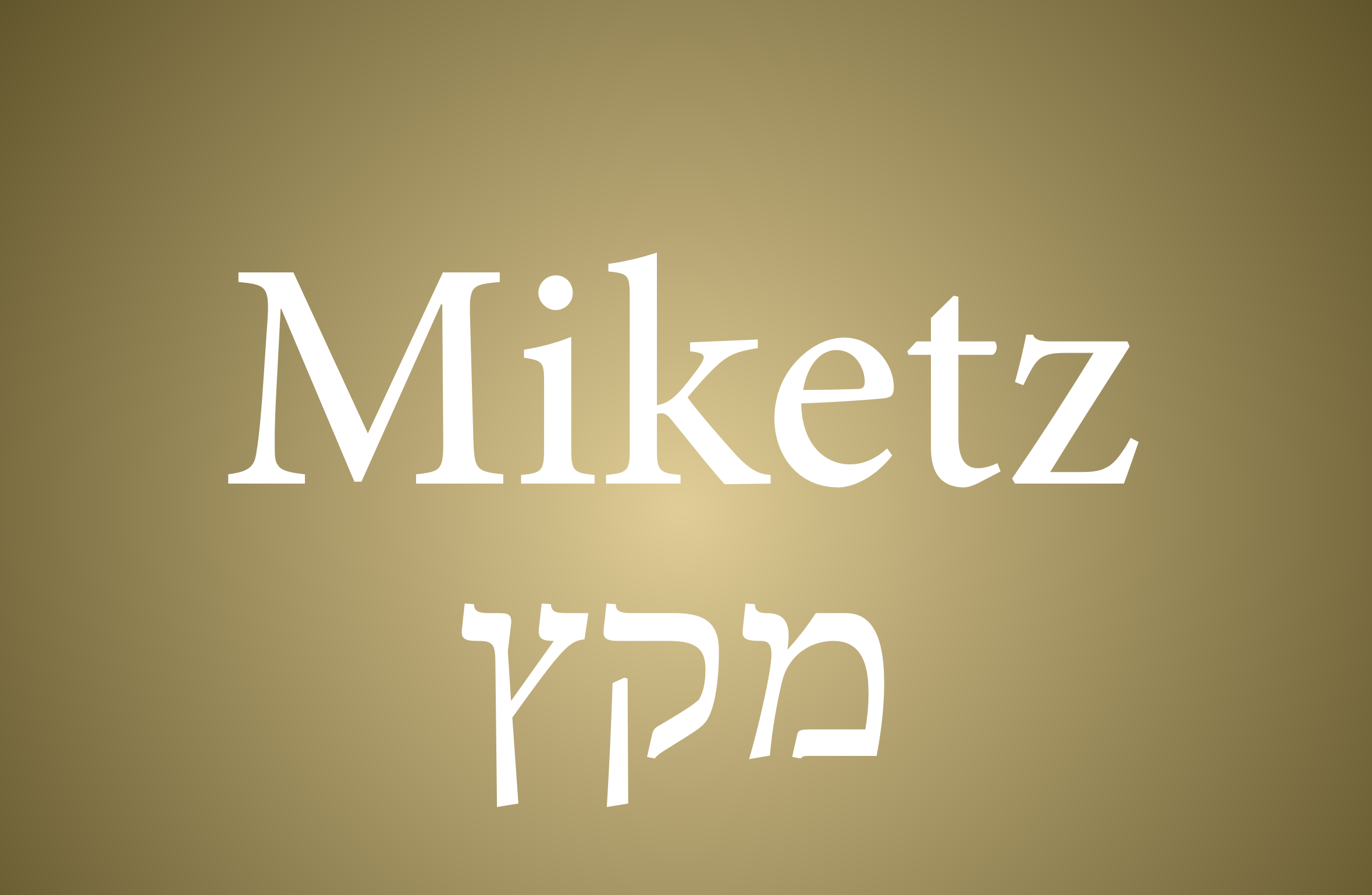
One verse, five voices. Edited by Salvador Litvak, Accidental Talmudist
Pharaoh said to Joseph, “I have dreamed a dream,
and there is no interpreter for it.” –Genesis 41:15
Nili Isenberg
Pressman Academy
Sometimes, like Pharaoh, we feel so alone in our lives. We are beset by challenges that no one can understand, not even ourselves. In our dreams, we replay what has happened during the day, turning events into a jumbled nightmare of concerns and anxieties. They eat us up inside, ravaging our physical and mental states as we become like ugly, emaciated cows. And there is no interpreter for it.
There is no one to explain why these are the circumstances of our lives. Just this past month, we have all asked: Why Pittsburgh? Why Thousand Oaks? Why is our world figuratively and literally on fire?
Mei HaShiloach (Rabbi Mordechai Yosef Leiner, 1801-1854) took a mystical approach to our verse. He argued that “everything in this life is like a dream that needs interpreting,” in an active, engaged process.
When my son was diagnosed with Angelman Syndrome five years ago, we learned that he might never achieve the most basic functions in life, such as walking and talking. At the time, my husband and I felt like we had accidentally crossed into a delusional alternate reality, an inexplicable dream. We continue to struggle with this reality every day, looking for an explanation, while still holding in our hearts the faith that God’s world has a design and meaning. But faith is not an explanation.
For Pharaoh, his dream was finally explained by Joseph. How much longer will the rest of us have to continue our search for an explanation?
Rabbi Nolan Lebovitz
Adat Shalom, “My Daily Offering” podcast, “Roadmap Jerusalem” filmmaker
The Hebrew Bible loves the motif of foreshadowing dreams as a method of communication from the divine. Saying there is “no interpreter” for his dream is a reflection of Pharaoh’s negative outlook. Unlike this part of Pharaoh’s statement, the Jewish tradition believes in the power of possibility. There are always answers for those prepared to question, always new rewards for those willing to take risks, always interpreters for difficult dreams, even for Pharaoh. Pharaoh continues this same verse by saying, “but I have heard it said of you [Joseph] that for you to hear a dream is to tell its meaning.”
In response, Joseph gives Pharaoh the key to all of our struggles: humility. Joseph attributes to God his amazing ability to interpret dreams. For when we maintain belief in God, answers seem more attainable, rewards seem more reachable, and dreams seem more interpretable.
With God’s help, there is nothing we can’t achieve. That is why President John F. Kennedy concluded his famous “moon speech” on Sept. 12, 1962, at Rice University by saying, “Well, space is there, and we’re going to climb it, and the moon and the planets are there, and new hopes for knowledge and peace are there. And, therefore, as we set sail, we ask God’s blessing on the most hazardous and dangerous and greatest adventure on which man has ever embarked.”
May we all chase our dreams … with God’s help.
Peter Himmelman
Musician, author, CEO and Chief Dream Enabler of Big Muse
Pharaoh’s name translates as “Explosion.” He had an explosive personality with an explosive, childish temper. Pharaoh also possessed a spirituality so explosive that even Moses had been afraid to approach him. Spirituality, however, does not equate to holiness.
Pharaoh’s worldview was one of extreme egoism and, as such, lacked all sensitivity toward God. Pharaoh famously said, “The Nile is mine and I created it.” And in the verse that immediately follows ours, Joseph states that, “Only God can interpret dreams.” Without a connection to God, Pharaoh and his advisers were powerless to correctly interpret his dreams.
When we place ourselves at the center of the universe (and face it, at times we all do) we become locked in a kind of myopic mental cage. Our opinions, our beliefs, and our prejudices then start to comprise our micro-reality. When we cut ourselves off from the larger world and the larger community, not only are we diminished, we diminish those around us as well.
It sounds paradoxical, but when you reflect on the times you were most joyful —perhaps it was when you held your child for the first time — it’s likely you felt very small. I don’t mean less important; I mean you became cognizant that you were merely an infinitesimal part of an infinite universe.
Interpreting dreams is an expression of creativity at the highest level. Like Joseph, we, too, are at our most creative when we are most alive to our awareness of God — the constant Creator of everything.
Rabbi Chaim Tureff
Temple Beth Am and director of STARS Addiction Recovery
Pharaoh is confused and needs guidance. The sheer terror of not knowing what is going on next paralyzes him. He is confounded by his dreams.
Pharaoh looks around and is told by his chamberlain of the cupbearers about a young Jew who can guide him. Pharaoh has hit bottom and has nowhere to turn except to Yosef. This is very similar to a sponsor/sponsee relationship in 12-step programs.
The “dreams” are symbolic of the continual spiraling out that one experiences when they are in their active addiction. They look left, right, forward and behind but are unable to find solace. Nothing helps ease the addict’s “dream.”
When they allow themselves to find their Yosef, and turn over their will to the guidance of someone more experienced in these issues, they find their interpreter. Instead of the responses to their “dreams” that many other people try to interpret, they find a true interpreter, a sponsor, someone who understands their “dream” and can interpret them and help them move forward in their life.
Kylie Ora Lobell
Jewish Journal Contributing Writer
In this verse, the frightened Pharaoh is turning to Joseph to interpret his disturbing dreams about meager cows. Immediately, Joseph replies, “Not I; God will give an answer [that will bring] peace to Pharaoh.” Joseph is owning up to the fact that he cannot provide comfort — only God can.
Any answers he gives are actually from God, since God created him. Too often, like Pharaoh, we seek answers to our problems from other human beings. We worship celebrities who supposedly show us how we should live. We follow leaders blindly. We poll our family members and friends for help. We rely on our therapists to solve our issues. But before long, we realize that we can find comfort and peace only by turning to HaShem.
If Pharaoh had learned to pray, look inward and rely on God, perhaps he would have discovered his interpretations on his own. But because he wasn’t a believer, he had to rely on Joseph, who was. In our daily lives, we need to be like Joseph. We have to recognize that HaShem is in control, and that in the end, only he can help us solve our problems, show us the right path and enable us to lead productive, fulfilling lives, with many prosperous years ahead.











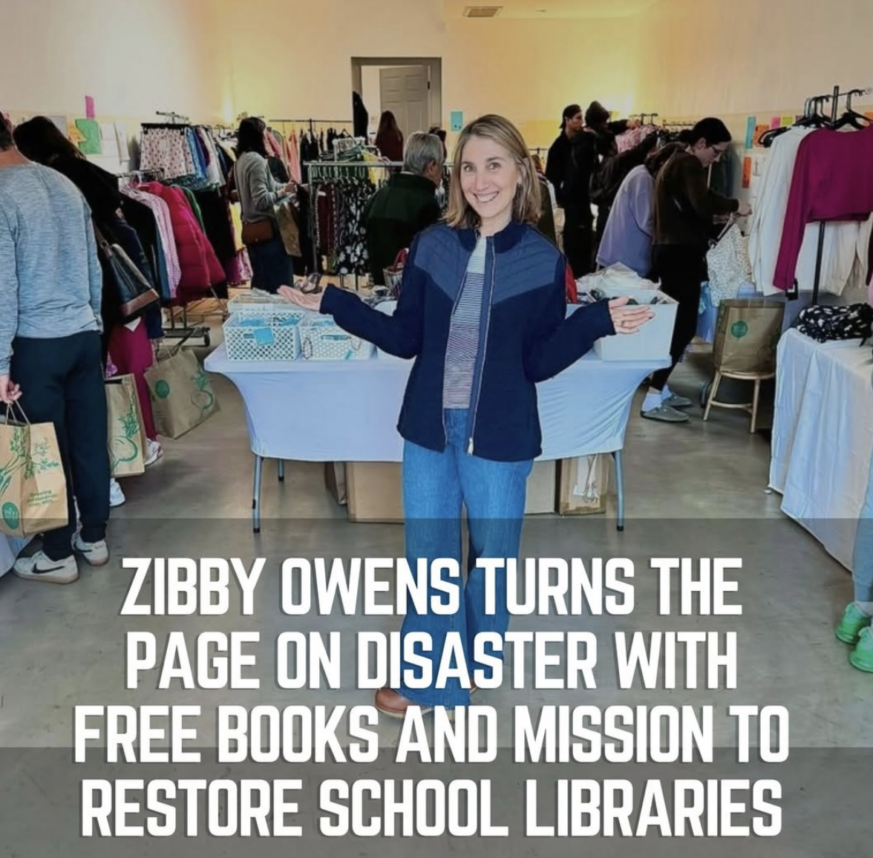

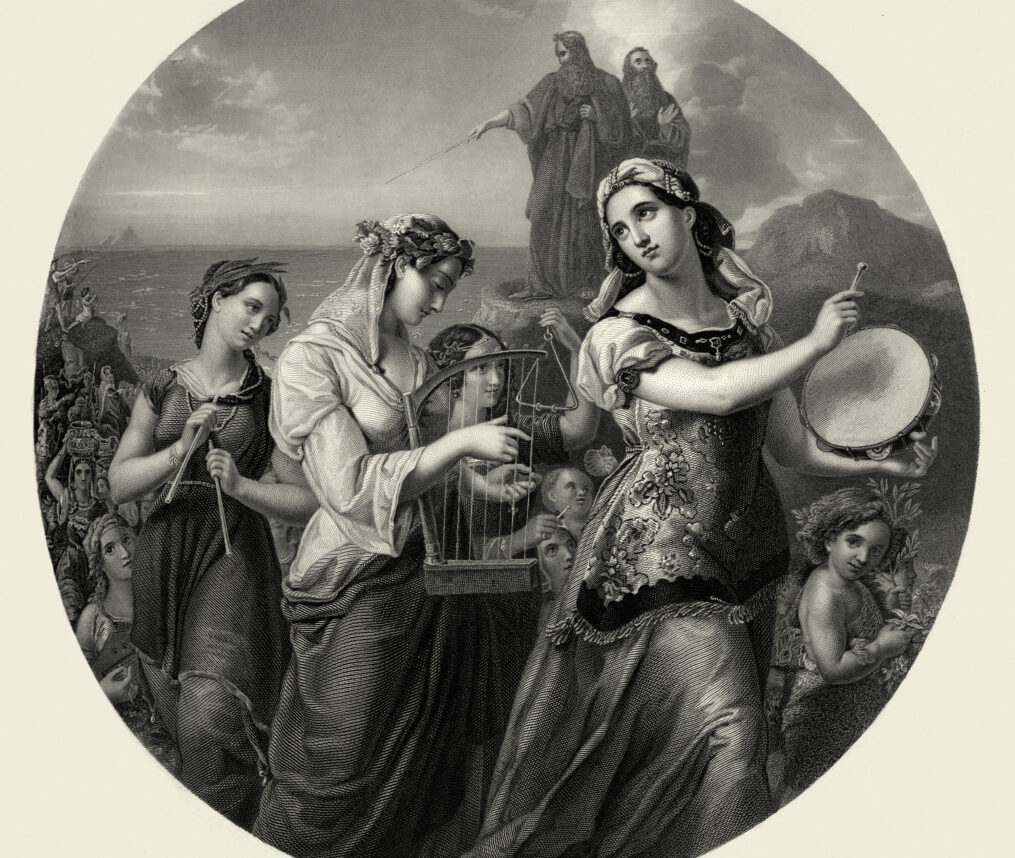


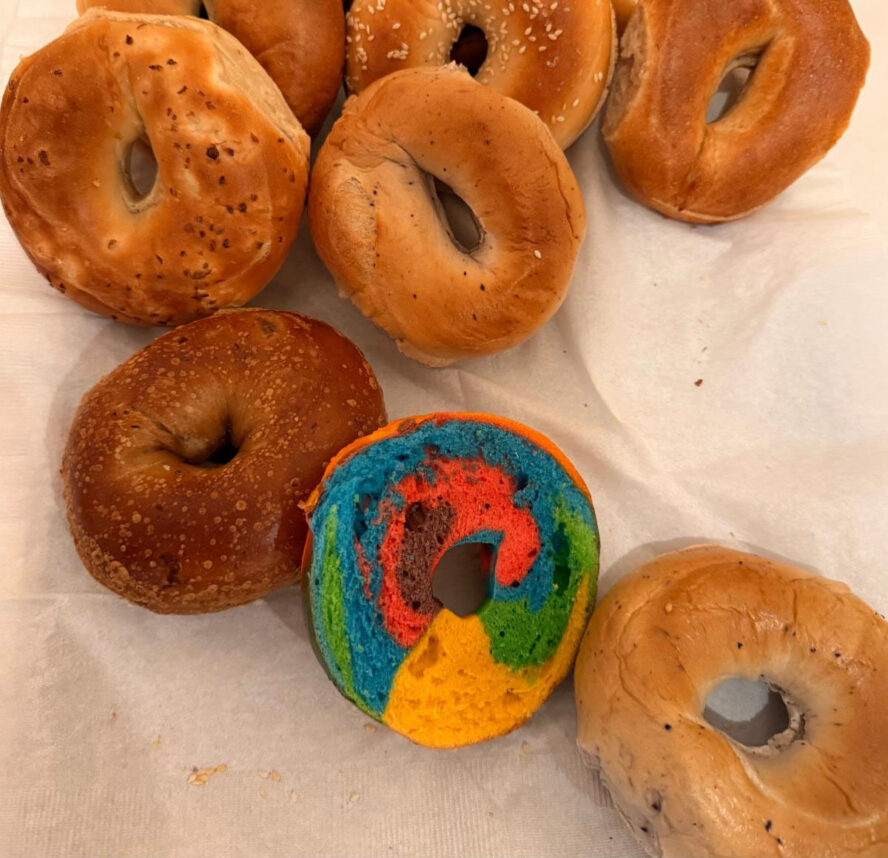



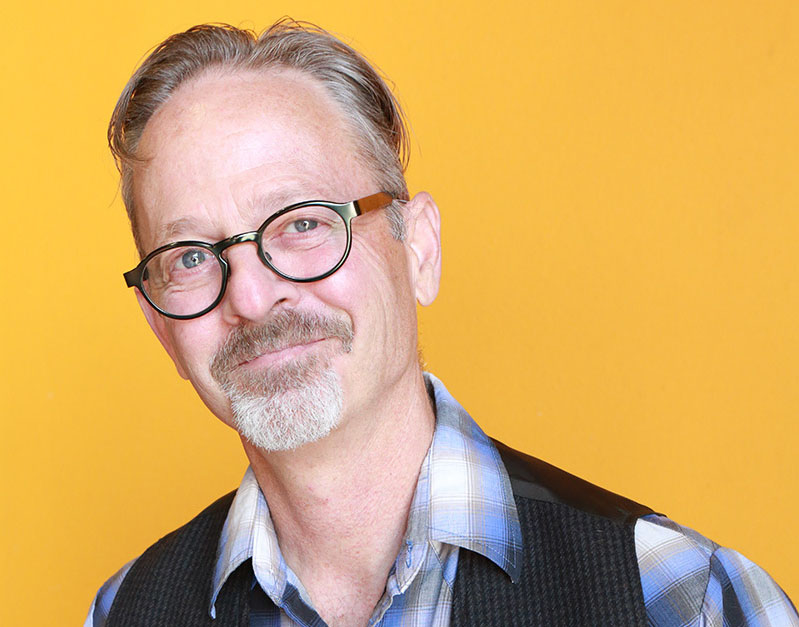
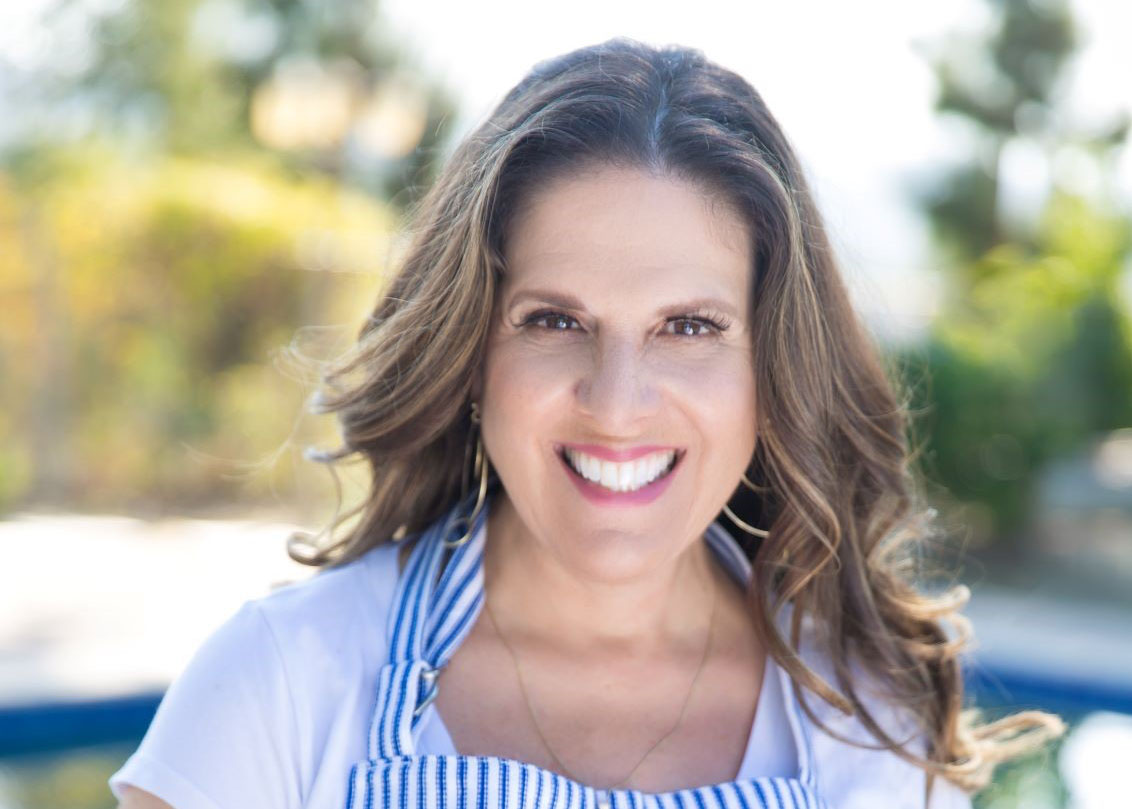

 More news and opinions than at a Shabbat dinner, right in your inbox.
More news and opinions than at a Shabbat dinner, right in your inbox.